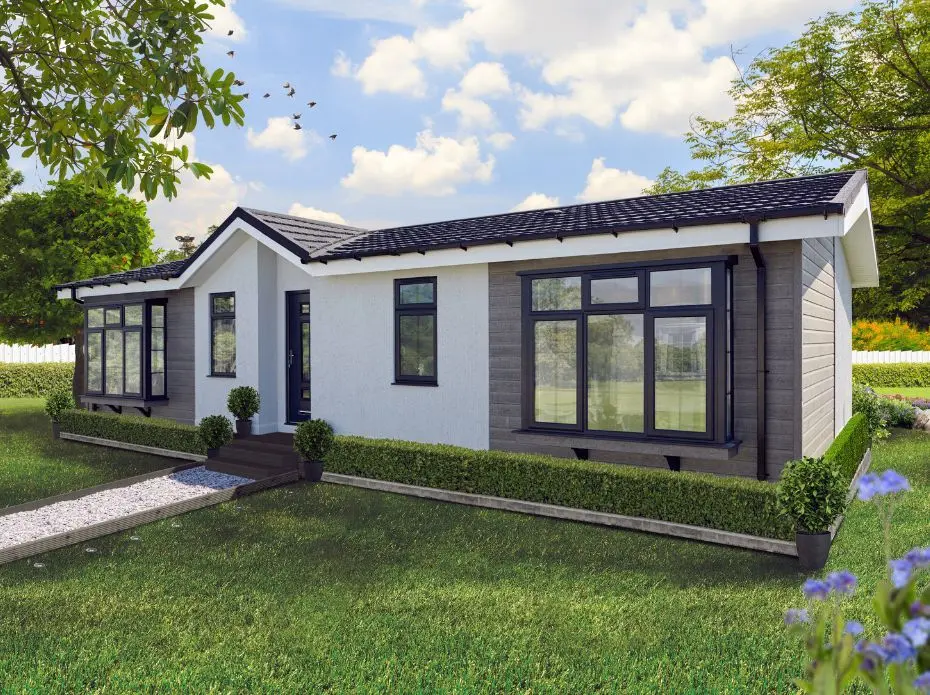If you've been searching for a park home for sale in Scotland, you're not alone. With rising house prices and growing interest in downsized, low-maintenance living, park homes are gaining attention. But even though they look appealing, many buyers rush in without knowing the full picture.
Before you buy, there are important details you shouldn't ignore. From park rules to ownership rights, this guide covers what many buyers miss. Get informed before you make a costly mistake.
Why Park Homes Are Gaining Popularity in Scotland
Park homes offer a blend of affordability, comfort, and scenic settings. Most are located in quiet countryside or coastal spots. For retirees or those seeking peace and privacy, they're an appealing choice.
Many are also drawn to the sense of community. These parks often attract like-minded residents. That makes social life simpler for people relocating from cities or suburbs.
However, the process of buying a park home isn't the same as buying a regular house. And that’s where buyers often slip up.
Key Differences Between Park Homes and Traditional Homes
1. You Own the Home, Not the Land
Most park home sales involve the property, not the plot of land it sits on. Instead, you lease the land from the park owner.
This means you must pay monthly ground rent. That rent helps cover park maintenance, security, and amenities.
2. Limited Mortgage Options
Park homes don’t usually qualify for traditional mortgages. That’s because they’re classified as mobile homes.
So, buyers often need to pay in cash or seek a specialist lender. If you planned on using a high street bank, you may need to rethink.
3. Different Legal Protections
Unlike brick-built houses, park homes fall under separate regulations. Scotland follows different rules than England and Wales.
Make sure your solicitor understands the Mobile Homes Act (Scotland). Otherwise, you could miss legal protections you're entitled to.
What Buyers Often Forget to Check
1. Park Rules and Age Limits
Many parks have strict rules. Some only allow residents over 50. Others may ban pets or limit the number of visitors.
You need to read the park’s terms before signing anything. Ask for a copy of the written agreement and site license.
2. Condition of the Home
Some park homes look great outside but have hidden issues. Always arrange a survey.
A specialist can inspect insulation, plumbing, and structural condition. Since park homes are often made of timber and metal, they can wear out faster than brick homes.
3. Site Fees and Ongoing Costs
Ground rent isn't the only cost. Some parks charge extra for utilities, maintenance, and even garbage collection.
Ask for a full breakdown of monthly and annual fees. You don’t want to be caught off guard after you’ve moved in.
4. Resale Restrictions
Thinking long-term? You should. Some parks control resale values and processes.
You may have to sell through the park operator. Or you might face a commission fee on the sale. Make sure you understand how resale works in advance.
Important Questions to Ask the Park Owner
- What’s included in the pitch fee?
- Are pets allowed?
- Is the park open year-round?
- Who maintains roads and shared areas?
- What are the rules on resale?
- Are there age restrictions for residents?
Asking these early can help you decide if the park fits your lifestyle.
Legal and Safety Checks You Shouldn’t Skip
Hire a Solicitor Familiar with Park Home Law
General property solicitors may not know the specifics of park home law. You need someone who understands Scotland’s legal structure.
Check the Site’s License
Every park must have a site license. This license outlines what type of homes are allowed and how the park must be managed.
Check that the home you're buying fits the license. Otherwise, you may face fines or even eviction.
Review the Written Statement
This document explains your rights as a homeowner on the site. It should cover fees, responsibilities, and the park's obligations.
If the seller or park owner can’t provide it, walk away.
Common Myths About Park Homes
"They're Only for Retirees"
False. While many residents are over 50, some parks allow younger buyers. It depends on the site’s rules.
"They're Just Like Mobile Caravans"
Wrong again. Park homes are built to residential standards. Most come with central heating, full kitchens, and double glazing.
"I Can Move It Later"
Technically possible, but not easy. Moving a park home is expensive and may cause damage. They're meant to stay put.
Park Home for Sale in Scotland? Here's the Smart Way to Buy
If you’ve found a park home for sale in Scotland, don’t rush. Take time to understand every detail.
- Visit the site multiple times.
- Talk to current residents.
- Read all park rules.
- Hire a solicitor.
- Get a full survey.
- Ask about fees and resale.
That way, you won’t run into problems down the road.
Final Thoughts
A park home can be a great choice if you go in with your eyes open. Scotland offers some beautiful parks in scenic spots. But the process isn’t like buying a flat or house.
Read the fine print. Ask the right questions. And don’t settle until you’re sure it’s the right fit.
Looking for a park home for sale in Scotland? Now you know what to watch for—and what most buyers forget.
